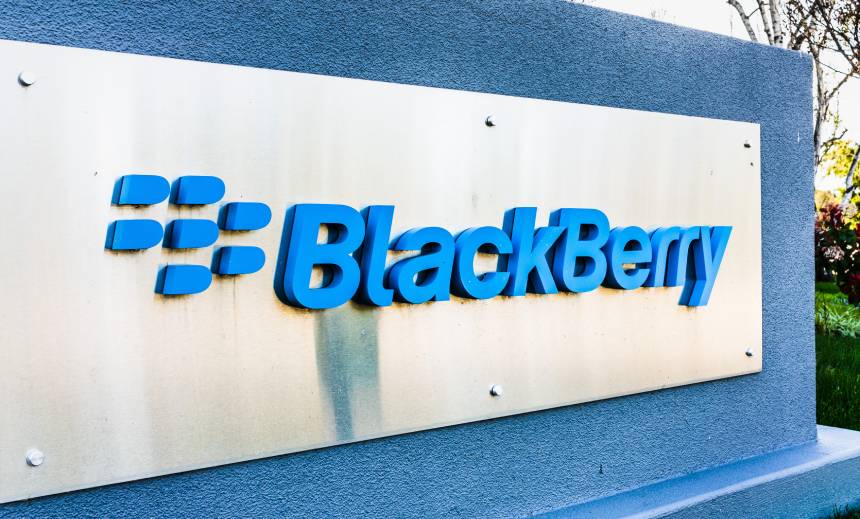Endpoint Security
,
Internet of Things Security
Subsidiary IPO Canceled in Announcement, Naming John Giamatteo as CEO

BlackBerry reversed plans for an equity carve-out of its internet of things business in a Monday announcement that said it will instead make its cybersecurity and IoT units independently-operated entities. The Canadian firm also selected company insider John Giamatteo as its new CEO.
See Also: 5 Critical Topics in Cyber Defense Today – Cyber Snapshot 4
Effective immediately, Giamatteo will head up the $2.4 billion company after previously leading the company’s cybersecurity segment. Interim CEO Richard Lynch, in place since Nov. 4, will continue as board chair, the company said.
A five-month strategic review that ended this fall concluded with a plan to offer a subsidiary initial public offering for the company’s growing IoT business (see: BlackBerry to Separate Cybersecurity, IoT Businesses in 2024).
That plan is no longer in effect. Instead, the company – once worth more than $80 billion when it dominated the nascent mobile device market – will separate its two main businesses. That will involve “the separation and streamlining of BlackBerry’s centralized corporate functions into business-unit specific teams,” the company said, “with a view to each division operating independently and on a profitable and cash flow positive basis going forward.”
The company isn’t saying what might happen next. Lynch said the separation of the company’s main business units “will open up a number of strategic alternatives that can unlock shareholder value.” It is close to selecting a consulting firm for an “independent, ground-up assessment.”
Giamatteo said he and the board are “fully aligned on the next steps needed to unlock the value within BlackBerry, and work on this effort will proceed at full speed.” He came to BlackBerry in October 2021 after serving as president of McAfee for six years.
He succeeds John Chen, who stepped down in November after joining the corporation months after it changed its name from Research In Motion. Chen attempted to revive cratering sales of the company’s handsets before abandoning the effort. Today, the company’s two main units are its cybersecurity and IoT software businesses, which in large measure were built from acquisitions – including cybersecurity firm Cylance in 2019 and embedded operating system developer QNX in 2010.
BlackBerry’s cybersecurity business earned significantly more gross revenue during the first six months of its fiscal year than its IoT unit – $172 million versus $94 million. But selling cybersecurity is significantly more expensive than selling connected car software such as the QNX operating system: Cost of sales consumed 42% of cybersecurity revenue and only 18% of IoT earnings. BlackBerry’s fiscal year starts each March.
Both businesses have declined compared to the first half of Blackberry’s fiscal 2022, although cybersecurity gross revenue declined by 23% while IoT gross revenue went down by 8%.
